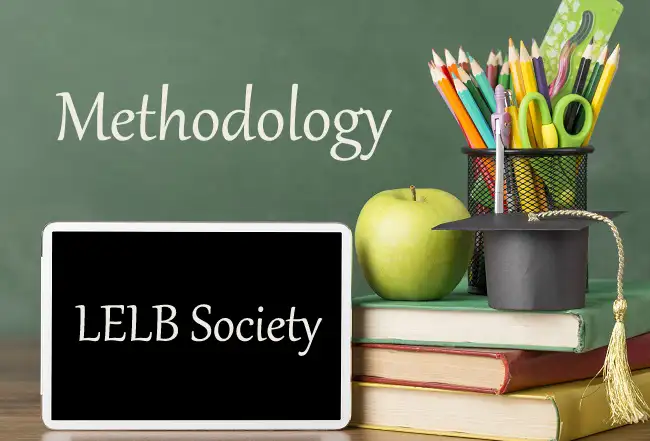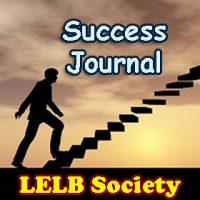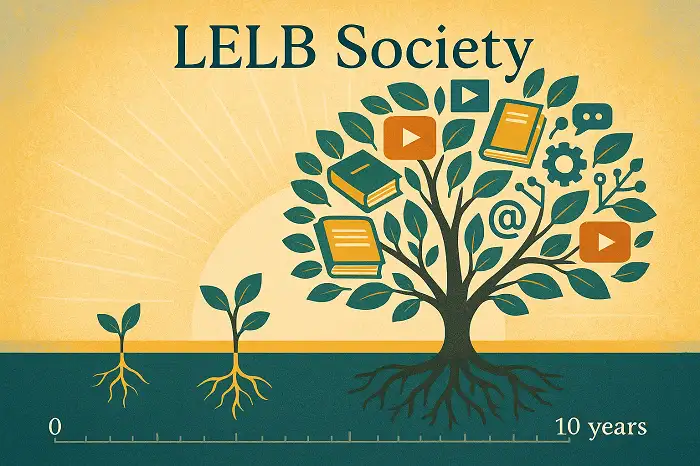Table of Contents
Integrative motivation in SLA or second language acquisition
Integrative Motivation

Dörnyei (2005) pointed out that the term ‘integrative motivation’ has often been misunderstood and suggested that this is because the term ‘integrative’ figures in three separate, distinct, but related constructs: ‘integrative orientation’, ‘integrativeness’, and ‘the integrative motive/motivation’. Integrative Motivation can be defined as involving three subcomponents:
- Integrativeness (including integrative orientation, interest in foreign languages, and attitudes towards the L2 community)
- Attitudes towards the learning situation (i.e. attitudes towards the teacher and the L2 course)
- Motivation (i.e. the effort, desire, and attitude towards L2 learning).

It should be pointed out that the student who endorses integrative attitudes, or more simply an integrative orientation or goal, but who does not show effort or engagement with the language, is simply not a motivated learner. Gardner and Lambert’s integrative orientation was seen as a more powerful predictor of achievement in formal learning situations than instrumental orientation. Gardner and Lambert also acknowledged that learners can have both integrative and instrumental motivation.
In order to demonstrate the overall effect of motivation on L2 achievement, Gardner chose to report the effects of a general measure of motivation (based on the Attitude Motivation Test Battery (AMTB), which includes variables relating to both integrative and instrumental motivation).

Integrative motivation does not affect language learning directly, rather its effect is mediated by the learning behaviors that it instigates. Gardner provided evidence to show that students studying French in Canadian high schools received directed teacher questions, volunteered answers, gave correct answers, and received positive reinforcement according to the strength of their integrative motivation. The higher their integrative motivation, the more these classroom behaviors were evident.

Gardner’s construct has also been challenged on methodological and theoretical grounds. First, the content validity of the AMTB has been criticized. Furthermore, Gardner viewed motivation as causative (i.e. it led to L2 achievement) but a number of studies indicated that, in some learners, motivation resulted from success in learning.

Gardner has been vigorous in defense of integrative motivation as a primary factor accounting for L2 achievement and has somewhat stubbornly refused to entertain alternative models of motivation.
References
- Dörnyei, Z. (2005). The psychology of the language learner: Individual differences in second language acquisition. New Jersey: Lawrence Erlbaum Association, Inc.



